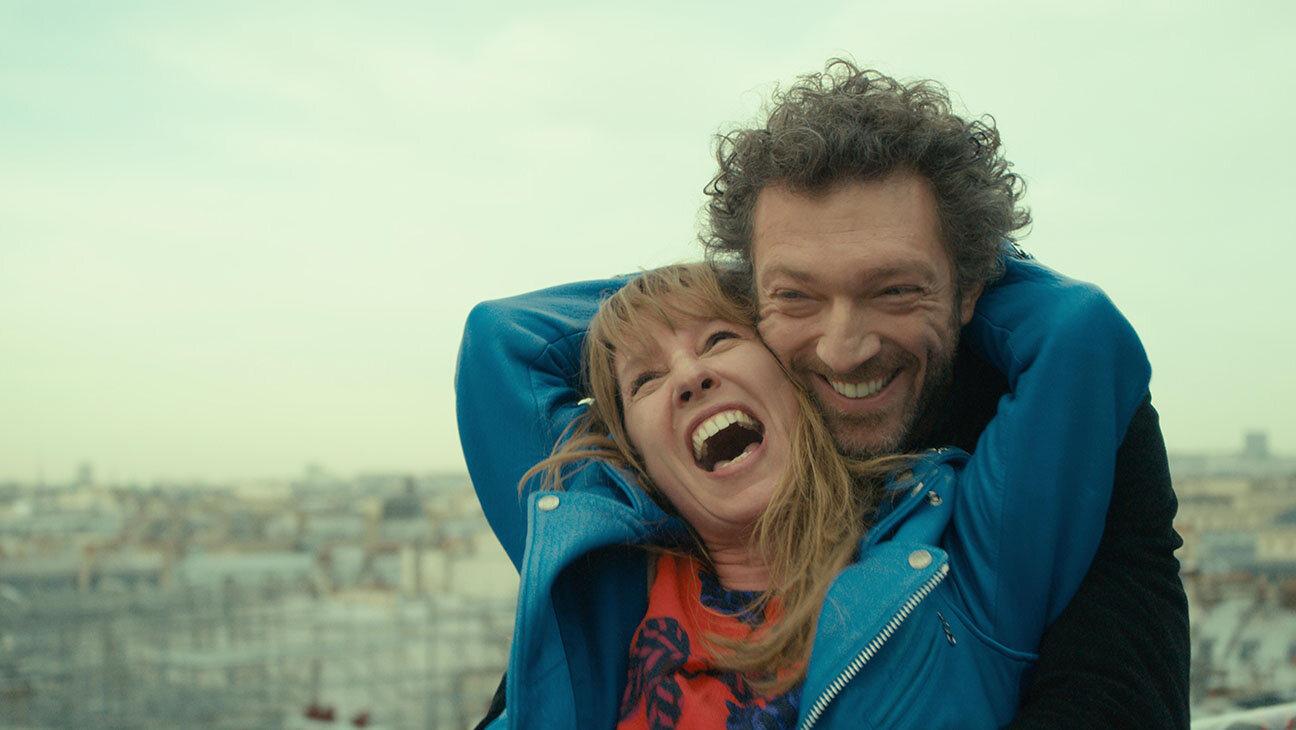February Wrap-Up: Han Kang's new book, too many Nordic dramas, The Whale + more
Hi, welcome to my longest video for the shortest month of the year! Because that makes sense somehow.
I read some fantastic books in February, including a mysterious horror, a hilarious Medieval Icelandic Saga where everyone is called Thor and Han Kang's latest book to be translated, just to name a few.
I watched quite a few movies, and it was a rollercoaster ride of emotions from the heartbreaking The Whale and a devastating Holocaust drama to Puss in Boots: The Last Wish, Cédric Klapisch's latest film En Corps (Rise) and Netflix's Troll!
TV shows were pretty much all Nordic dramas because I recently subscribed to Viaplay - so I watched Exit, which is about 4 bankers in Norway who are despicable, Furia a drama about Fascist extremism in Europe, Jordskott a Nordic Noir meets dark Brother's Grimmesque, fairytale and Valkyrien a medical drama with a dark twist.
Essay: Sworn Sisterhood? On the (Near-) Absence of Female Friendship from the Íslendingasǫgur: https://www.jstor.org/stable/10.5406/...





